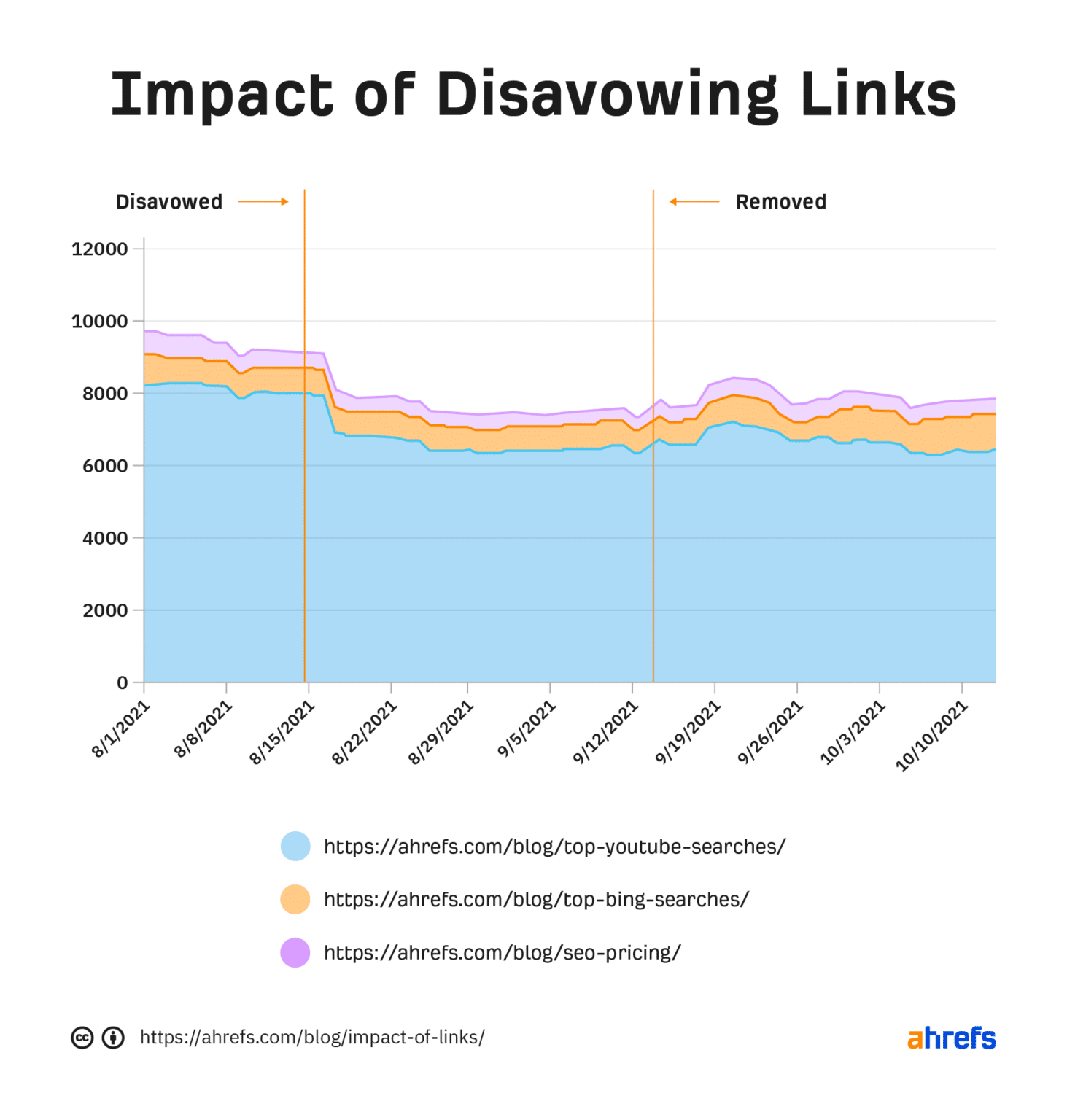Summary
Every year SEO consultants, agencies, and software providers perform hundreds of research studies in an attempt to uncover parts of a search engine’s algorithms, to discover what is driving observable changes in search results, and to better understand the behavior of consumers interacting with search results. Part of an SEOs job is to not only review these research studies, but also to run their own experiments and perform their own research in order to best help their clients. Oftentimes SEO agencies and consultants keep most of these studies “internal” and only use the data for their clients before publishing or using the data in their conference presentations – if they even do get published. We are guilty of this too.
In an effort to promote more openness for SEO research we wanted to start a new annual tradition here of recognizing the best research studies of the past year, no matter who created them.
This list is not placed in any particular order, all studies listed here should be considered one of the best done in the SEO industry this year.
As a general note, please remember that SEO changes swiftly and some of these studies might not be useful at the moment you read them, but were useful during the time they were performed and published.
1. Do Links Still Matter for Rankings? A Study by Ahrefs
Researcher(s): Patrick Stox of Ahrefs
Summary: A research study to attempt to measure how much impact links might have on the rankings of web documents. Patrick used a unique approach here where he uploaded a disavow file to Google’s Search Console asking Google to nullify the link value from 3,476 links pointed at 3 different blog posts and then removed the request weeks later after giving Google enough time to have honored the request and use it to update their rankings.
Key Findings: In Patrick’s words “Links still matter. Traffic and ranking keywords were down after I disavowed the links and up after I removed the disavow file.”
Read the full study here: https://ahrefs.com/blog/impact-of-links/

2. Tackling 8,000 Title Tag Rewrites: A Case Study
Researcher(s): Dr. Peter J. Meyers of Moz
Summary: One of the best researchers in the industry dug into a large dataset of title tags to determine how Google’s new title tag rewrites were impacting search result listings. Dr. Pete examined 8,646 title tag rewrites across 74,810 ranking keywords in an effort to see good changes versus bad changes.
Key Findings: There were no smoking gun data points that came out of this study, but it was a facinating tear down of what Google was getting right when rewriting title tags, versus what they were getting wrong. Dr. Pete wrapped up his study by pontificating a little on the implications of Google’s A.I. systems overwriting context added by human creators, context which might be important to other humans and to other parts of Google’s systems. He also pointed out the lack of transparency by Google not releasing data on higher performing title tags.
Read the full study here: https://moz.com/blog/title-tag-rewrite-case-study
3. 2021 Product Ranking Factors Study
Researcher(s): Joe Youngblood & Anabel Herrera of Joe Youngblood SEO & Digital Marketing Consulting
Summary: A study conducted as a survey of SEOs who currently work with ecommerce brands. This study is the first ever to discover what ranking factors are likely the most important for Google’s new organic shopping engine and for ranking products in the classic organic rankings. The study uncovered these results by asking current experts to select the most important ranking factors for each search experience based on their experience.
Key Findings: An overwhelming percentage of participanting SEO experts believed that relevant keywords being in the title of a product were the #1 or #2 ranking factor (depending on the search experience).
Read the full study here: https://www.joeyoungblood.com/seo/product-ranking-factors-study-2021/
4. Do Reviews Impact Local SEO Rankings? New Study
Researcher(s): Ben Fisher of Steady Demand (published on Semrush)
Summary: A study to see exactly how reviews for a business on Google Maps might impact local SEO rankings.
Key Findings: In the study Ben discovers that the volume of reviews seems to be highly impactful to the rankings of a business listing, especially if the average rating for a business is 4.1 or greater.
Read the full study here: https://www.semrush.com/blog/local-seo-rankings/
5. Does adding “Near You” to title tags help SEO performance?
Researcher(s): Lauren Macalalad of Search Pilot
Summary: This study sought to determine once and for all if adding the keywords “near you” to the title tag of a page improved SEO performance. The test was built as an A/B split test pitting a control page against a variant page
Key Findings: The A/B test showed that not only did adding the words “near you” to the title tag fail to improve SEO performance, but it actually had a significantly negative impact reducing estimated SEO traffic by 2%.
Read the full study here: https://www.searchpilot.com/resources/case-studies/adding-near-you-to-title-tags/
6. Can Service Area Pages With Duplicate or Similar Content Increase Traffic?
Researcher(s): Colan Nielsen of Sterling Sky
Summary: A study to examine if duplicate content across various service pages for a website had a positive or negative impact on the ability of those pages to rank highly in Google’s search engine and to provide valuable conversions for a local business client. The content across the pages under examination was roughly 84% duplicated.
Key Findings: Colan’s examination appears to show that duplicate content on local service area pages isn’t the dreaded deteriment many local business owners and local SEOs think of it as. His findings showed an increase in visiblity, traffic, and leads – though with a caveat that the more competitive a market is the less value duplicated content might bring.
Read the full study here: https://www.sterlingsky.ca/service-area-pages-duplicate-content/
7. The State of SEO Quality Assurance in 2021
Researcher(s): Genesis Research Associates for ContentKing
Summary: A survey of 1,263 SEO professionals who are customers of ContentKing which sought to uncover common causes of SEO issues, length of those impacts, and any financial impact that could be attributed to them.
Key Findings: The most common SEO issue reported by survey respondents was indexability and crawlability. This was followed by URL’s being deleted or redirected and issues related to inbound links. Nearly 30% of respondents said their most recent worst SEO issue occured in the 3-month period prior to the study.
Read the full study here: https://www.contentkingapp.com/research/state-of-seo-qa/
8. How Many URLs Can You “Request Indexing” For in GSC?
Researcher(s): Nick LeRoy of Nick LeRoy Consulting
Summary: A simple experiment to determine the upper limit of URLs you can request to be indexed by Google Search Console.
Key Findings: Nick discovered that the request indexing limit appears to be between 10 to 12 URLs per every 24 hour period.
Read the full study here: https://nickleroy.com/blog-posts/request-indexing-gsc-limit/
These are the research studies we believe were the best of 2021. If you have an SEO research study performed during the year that isn’t mentioned in the list above please feel free to leave it in the comments down below. We will keep updating this article for at least a few more weeks.
